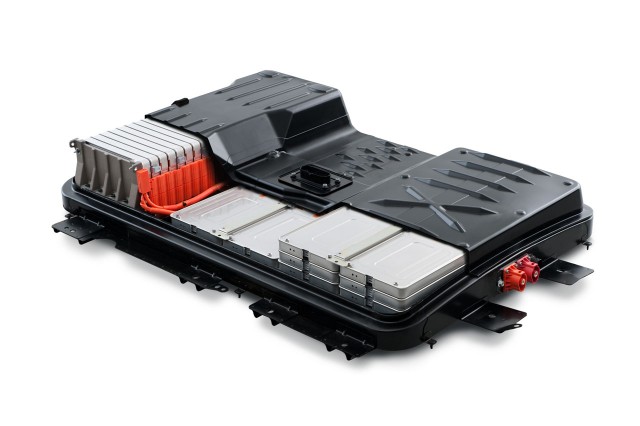Cost of Plug-in Electric Car Battery Now Cheaper Than 2020 Predictions
- 25/08/2015
- Transport
- Posted by Tessa Romarez
- Leave your thoughts
The common notion is that the car market will not be ready to adopt electric cars if their prices will not be more attractive than the present costs of cars run by conventional internal combustion engines.
Admittedly, an owner of a plug-in electric car will save money on gasoline and maintenance over the long term. However, the much higher initial cost of an electric car remains prohibitive to the average car buyer. Cars like these take too much time to amortize.
The fact is: a plug-in electric car is very expensive primarily because of its lithium-ion battery pack.
Thankfully, the latest development in battery technology appears to be changing this paradigm. As a result, the costs of electric car battery packs are now dropping very fast.
This is revealed by a recent study published by the Climate Change section of Nature. The study hints that the prices of electric-car batteries are already cheaper than what is predicted they are bound to be by 2020.
The International Energy Agency projected in 2013 that it would take up to 2020 for electric car batteries to drop to $300 per kilowatt-hour. But data discovered by researchers show that the electric car industry may have already achieved that point.
There are estimates which show that the drop in the industry-wide costs at $1,000 per kWh from 2007 to 2014 have reduced lithium-ion battery pack costs to as low as $140 per kWh.
The same study revealed that some ‘market-leading firms’ such as Tesla and Nissan have already broken IEA’s $300-per-kWh mark. Researches who conducted the study based their conclusions on 85 cost estimates from peer-reviewed academic publications.
They also took into consideration reports from the battery and electric car manufacturers, as well as reports from the media, and analysts.
Even then, the authors of the study admitted that this constitutes an incomplete body of data. Typically, manufacturing companies seldom reveal the real production costs to the public.
Citing other analyses, the authors also say battery costs will have to fall further if the masses are to adopt electric cars.
In the case of the United States, the authors estimate, costs must fall to less than $150 per kWh if electric cars are to move “beyond niche applications.”
Most price watchers often cite the figure of $100 per kWh as the threshold at which EVs can become price-competitive with conventional cars run by internal-combustion engines.
The goal of cutting battery production costs has given way to extensive research to find the right alternative to the present lithium-ion batteries. For instance, Volkswagen is reportedly thinking of investing in the development of solid-state batteries for future electric cars.
But authors of the report say that such developments are “still distant.” They believe costs will eventually drop because of economies of scale.
Meanwhile, Tesla Motors is currently testing this concept with its Nevada “Gigafactory.” When this battery plant starts production in 2017, it is intended to produce cells on a large scale that will help Tesla too realize a $35,000 base price for its Model 3 sedan.

